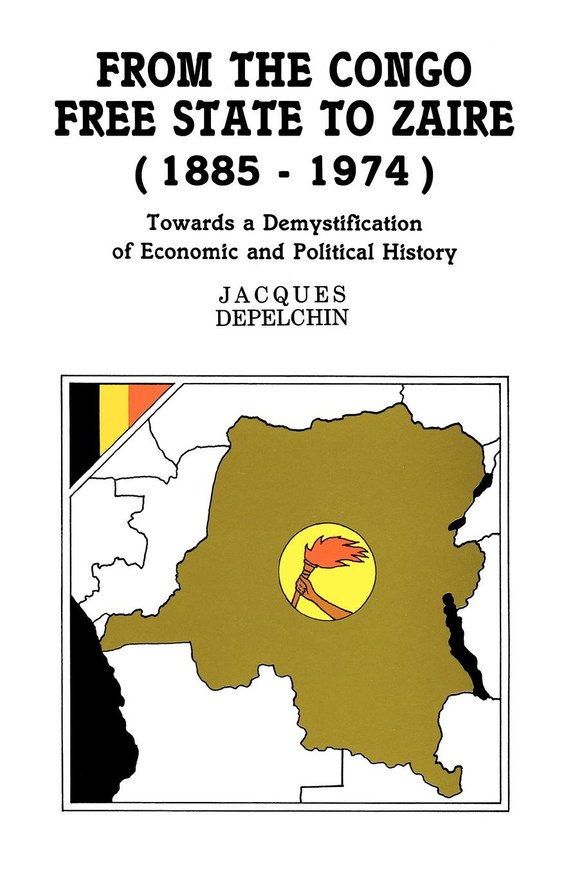Publisher: CODESRIA, Senegal
Pages: 240
Year: 1992
Category: Central Africa, Economic History, Economics, History
Dimensions: 216 x 140 mm
Towards a Demystification of Economic and Political History
Where did the fabled riches of the Congo go, and what happened to all the capital accumulated by colonial history? Why is Zaire still underdeveloped, while the Belgian economy now thrives? Tapping many and varied sources, this book challenges dominant historiographical assumptions and practice while analysing the past and present impact of Belgian joint stock companies on the Zairean economy.
The author, an academic and specialist on African historiography and methodology, argues that colonialism paved the way for the triumphant return of other colonizers – the multinational corporations under the hegemony of the WorldBank and the International Monetary Fund, with structural adjustment replacing pacification. The author’s contention is that his investigation of the Zairean economic history overturns colonial assumptions, rooting its analyses in the people’s own history, raising questions both about the colonial past, but also about the framework underlying previous analyses.
£33.00
About the author
Dr. Jacques Depelchin is a committed intellectual, academic, and activist for peace, democracy, transparency and pro-people politics in the Democratic Republic of Congo.
He was born in the Congo and educated at Lovanium University (Kinshasa) in the DRC, the University of London, Johns Hopkins University in Italy, and Stanford. He has taught African History and related subjects at UC Berkeley, UC Santa Cruz, San Francisco State, Stanford, Syracuse, and universities in DR Congo, Mozambique, and Tanzania.
He was present in the Eastern Congo during the most recent war in 1996-2002, and was a member of the non-militarist RCD-Kisangani movement led by Ernest Wamba dia Wamba which opposed continuation of the war. He participated in the negotiations leading to the Lusaka Cease-fire, those leading to Sun City-1 in 2002, and later, in portions of the negotiations leading to the Global and Inclusive Accord in Pretoria, 2003.
He is the Co-Founder and Executive Director of the Berkeley-based Ota Benga International Alliance for Peace in the DR Congo. Under its umbrella, he is researching American and Congolese social healing and bringing together the healers, as well as lecturing and writing on the DR Congo to improve American understanding of its history and present realities. The Ota Benga Alliance is linked with a sister organization in Kinshasa, The Ota Benga Center for Human Dignity.
